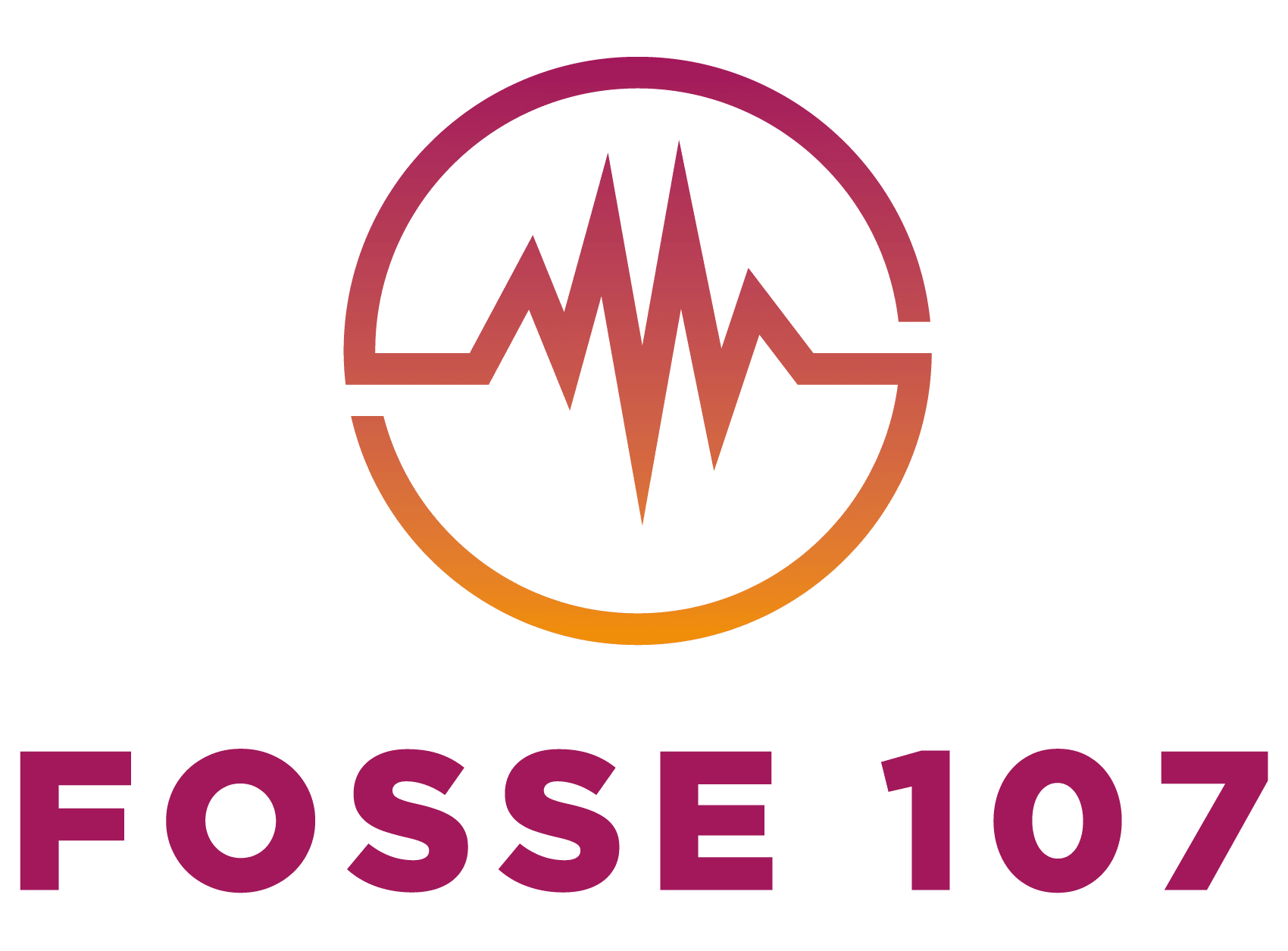
A trial using artificial intelligence (AI) in breast cancer screening could lead to a dramatic rise in the number of patients being treated.
At present, two radiologists are needed to look at the images from mammograms to ensure accuracy.
It is hoped that the AI being trialled will allow one to complete the process on their own, freeing up others to see more patients.
Almost 700,000 women are expected to take part in the research, the government has announced.
Those already booked in for routine NHS screenings will be invited to join the £11m Early Detection using Information Technology in Health (Edith) trial.
Some 30 testing sites across the country will be enhanced with AI technology.
About 55,000 women and 400 men are diagnosed with breast cancer each year in the UK, according to Breast Cancer Now.
Dr Katharine Halliday, president of the Royal College of Radiologists, said AI could have a "major impact on radiology" given the "volume and complexity of breast screening".
However, she said it was a "rigorous study" and results would "take time".
"With a projected 40% shortfall in consultant radiologists by 2028, the need to build radiology capacity remains urgent," Dr Halliday added.
Claire Rowney, chief executive of Breast Cancer Now, said any changes to the breast screening programme must be supported by evidence showing that "any new innovation or tool is safe and effective for women".
Read more:
Sheffield school stabbing victim named
Kate shares new portrait taken by Prince Louis
The government is also requesting evidence to help shape a national cancer plan.
The idea is to find ways to transform how the disease is treated and therefore reduce the number of deaths.
It is hoped that research, diagnosis, screening, treatment and prevention will all be improved.
There will also be specific measures for rarer forms of the disease, including those that affect children.
Professor Peter Johnson, national clinical director for cancer, said: "The NHS is diagnosing more cancers at an early stage than ever before - when treatment is most likely to be effective - but we know we need to accelerate progress further.
"A national cancer plan will give us the chance to do just that - bringing in new ideas, helping us make best practise, normal practise - and ensure the NHS is at the cutting edge of new cancer developments and innovations in the future."
Peter Kyle, the science and technology secretary, said: "Catching cancer weeks earlier could be the difference between life and death."

(c) Sky News 2025: AI could drive big increase in number and speed of women being treated for breast cancer


 Mexico and Canada agree to bolster US border security in return for tariff pause
Mexico and Canada agree to bolster US border security in return for tariff pause
 Bereaved parents campaign for tougher laws on unlicensed driving
Bereaved parents campaign for tougher laws on unlicensed driving
 El Salvador 'agrees to accept US deportees of any nationality' including American criminals - Rubio
El Salvador 'agrees to accept US deportees of any nationality' including American criminals - Rubio
 Reform UK tops landmark poll for first time
Reform UK tops landmark poll for first time
 Sheffield school stabbing victim named as 15-year-old Harvey Willgoose
Sheffield school stabbing victim named as 15-year-old Harvey Willgoose
 Families of Nottingham attack victims urge NHS to release full report about killer's mental health care
Families of Nottingham attack victims urge NHS to release full report about killer's mental health care
 Kate shares new portrait taken by Prince Louis ahead of World Cancer Day
Kate shares new portrait taken by Prince Louis ahead of World Cancer Day
 Father pays tribute to British teen killed by drone while fighting in Ukraine
Father pays tribute to British teen killed by drone while fighting in Ukraine




